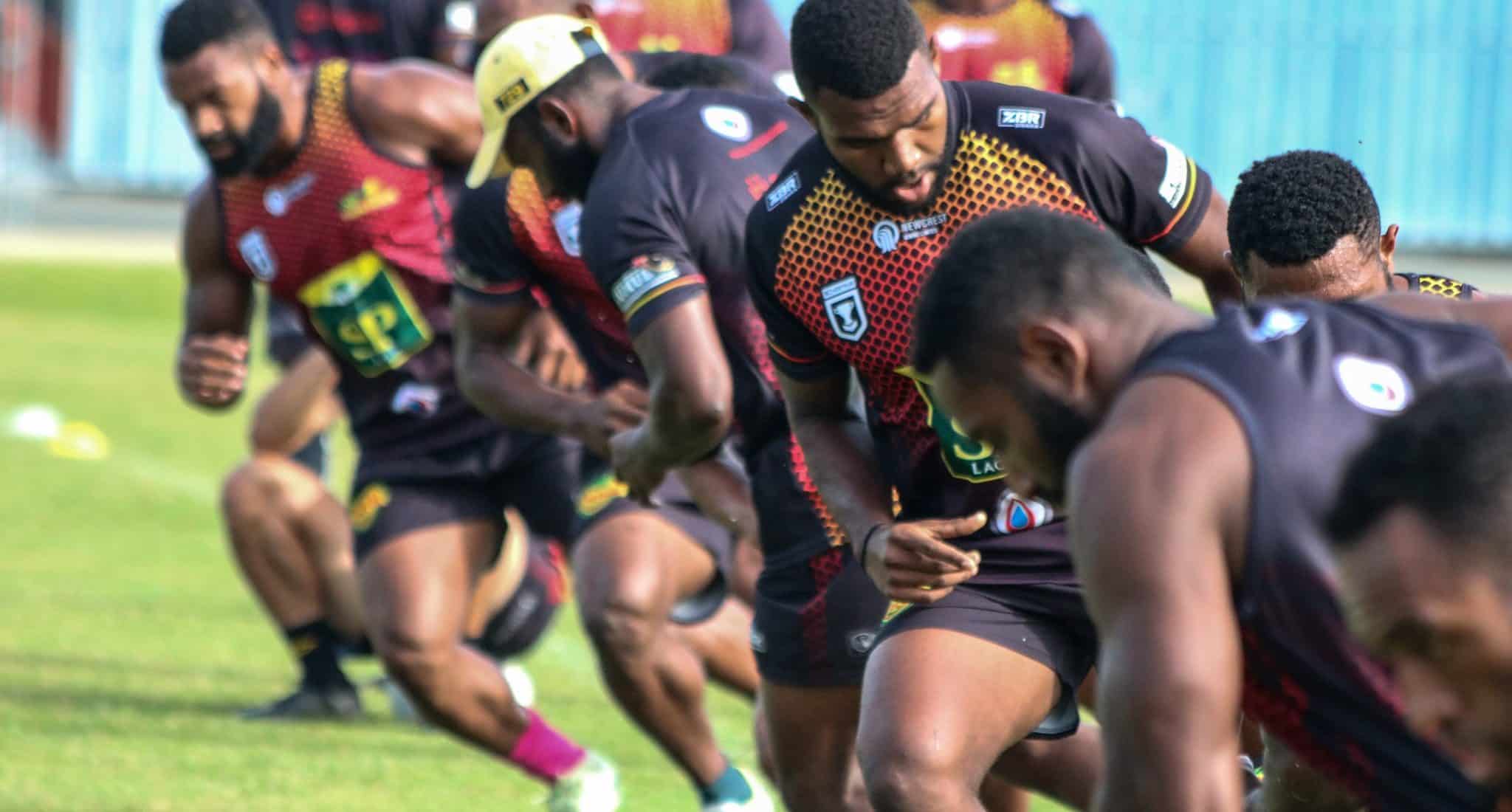Papua New Guinea’s bid to have a team in Australia’s National Rugby League will “hopefully” be confirmed by the end of this year, bid chairman Wapu Sonk has told the 2024 Business Advantage PNG Investment Conference.
Speaking at the conference’s gala dinner, Sonk said the PNG and Australian governments could make funding decisions as early as this week.
“We are at a point where decisions could be made this week, hopefully on the PNG side of government, and after the decision is made, then the Australian cabinet will meet to make a decision on supporting the bid,” he said.
The Australian government is reportedly considering providing up to AUD$600 million(US$396 million) in funding over 10 years to support the PNG team.
Sonk, who is also Managing Director of Kumul Petroleum Holdings, said some of that money would go to supporting investments in rugby league in Fiji, Samoa and other Pacific island nations.
But he said the “majority of that funding” will support PNG, with most of it to be earmarked for infrastructure upgrades.
“The [proposed] date of our entry is 2028, and hopefully an announcement of the team entering the competition will happen before the end of this year,” Sonk said.
The main focus between the announcement and the team’s entry into the NRL will be on upgrading stadium infrastructure and recruiting players and staff.
The junior development program, which began last year with AUD$5 million (US$3.30 million) in Australian government funding, will also be expanded, so that “between now and 2028, we will have a fully developed programme which will sustain the player base to support the team,” Sonk said.
Sonk added that the team would probably be based at the Santos National Football Stadium (the “spiritual home” of rugby league in PNG) in Port Moresby, with an NRL Women’s team potentially playing there “if the girls start ahead of the boys.”
In the long term, he said, the team would need “a better stadium that projects a better image, [and enables] night games and transport and logistics. The best location seems to be the Sir Herbert Murray Stadium, but it will cost a lot,” he said.
Sonk noted the NRL’s insistence on basing the team in Port Moresby from day one, rather than a previous alternative model where the players would be based in Cairns.
He said the new team would provide huge opportunities for corporate sponsors, including airlines, travel companies and hospitality businesses.
“We’ll have supporters following our team around Australia. There are going to be a lot of people moving backwards and forwards following the teams around,” he said. “This will make the people-to-people connections between the countries much better.”
Sonk expressed hope that PNG would eventually be able to “cut back” the amount of Australian taxpayer support and fund its NRL team through corporate sponsorship and members from Papua New Guinea.
“Depending on the decision [on the NRL bid], we will drive that starting at the end of this year. We will start knocking open doors and have different programs to drive membership, to create that awareness,” he said.
